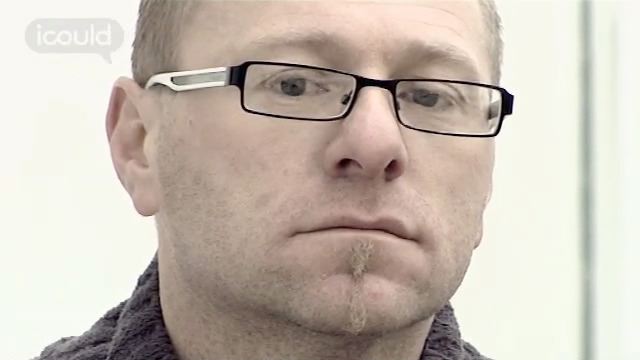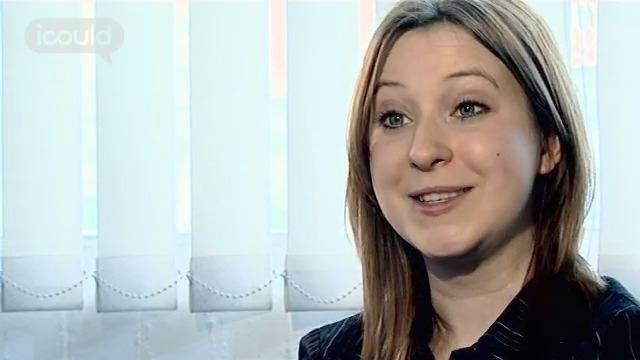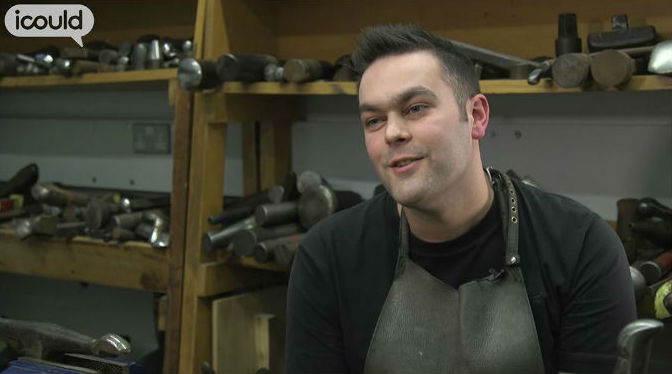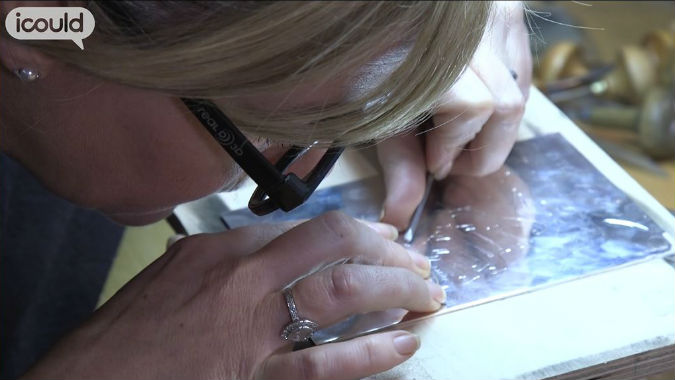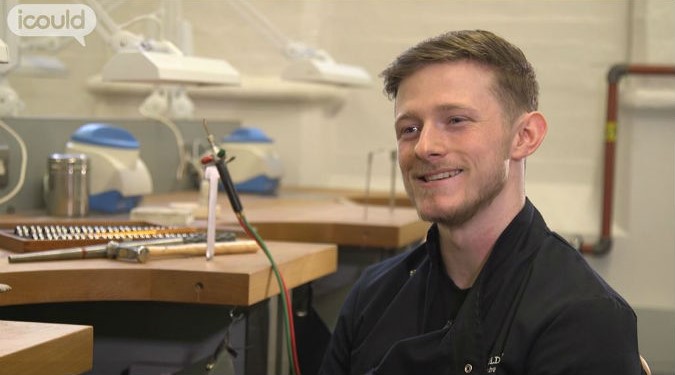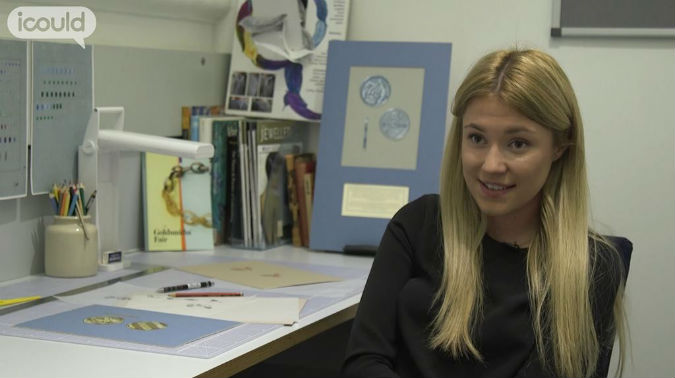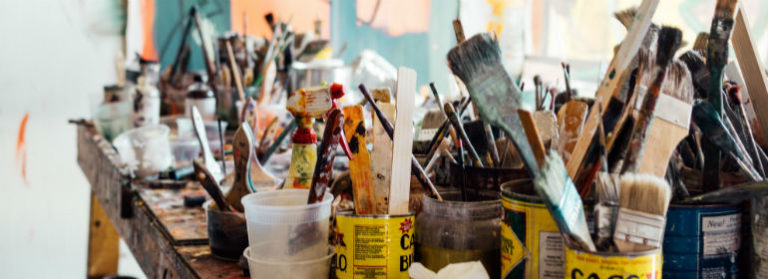Violin Bow Maker
Cockpit Arts
Stephen T
00:00:03 My name’s Stephen T, I’m a self-employed bow maker and restorer. I’ve been self-employed for about two and a half years, after working for a violin shop in London, and now I’m based in a part of town where I have a local music college, and a very musical suburban area with lots of people coming to me to have their bows restored, and to try out new bows that I’m making.
00:00:31 I’ve always enjoyed making things. I’ve always enjoyed producing something that I think is good quality. I like seeing products that people have made, and you know that they’re an expert in what they’ve done, they understand how and why it’s been made that way. And that also is part of a long history of traditional craft really.
00:01:55 When I was a teenager I had absolutely no idea that I would be a bow repairer. I knew that I was going to be in the Royal Air Force, I was going to be an Aircraft Mechanic, and that was that. Dad knew I was going to do that, I knew I was going to do that. And so I went to a Careers Office for the Armed Forces, and I failed my entry for the RAF because I have asthma. And I thought right, OK, I’ll be an engineer, I’ll work on aircraft, but I’ll be a civilian engineer instead. So I went off to the University of Hertfordshire, as it’s known now, to do an HND in Mechanical and Aeronautical Engineering. Finished the course, but by then I’d decided that engineering actually wasn’t all that enjoyable. So I – one day I went home, and I just wrote a list of everything I’d like to do. And it doesn’t matter how ridiculous my list is, because only I’m going to see it, so let’s just see what I write down. And everything I put on my list was very practical and quite traditional. I wanted to be a steeplejack, or a clock restorer, or a stone mason. So one person told me about a course at Merton College in Morden, which does a course in musical instrument repair. So then I found work with a violin shop in central London, and then, as I say, two and a half years ago, I decided to go self-employed, specialising in bows, and haven’t looked back.
00:02;27 I think the list that I wrote actually was quite an important time for me, in a way it was a bit of an Epiphany because up until then I’d always believed that a proper job was a job in a bank, or doing IT, or working for some big corporation, and you get a good wage, and you can afford a mortgage, and that’s what society values. And it was only when I started really listening to what I actually wanted for myself, which was job satisfaction and creativity, that I realised that I was probably looking in the wrong direction, and I really wanted to go to what was in my heart, I suppose, and that was making things that were traditional and high quality and would be valued by a niche market.
00:03:19 If there was anything extra I could do in my job, I think I would like to be able to teach other people to do what I’m doing, because there is almost no way of learning to make bows these days, apart from trial and error. And so I would like to get into a position where I’m good enough at bow making to be able to run courses for other people to learn about bow making, and I’d find that quite enriching because I enjoy teaching people. I’d like to be able to work with people who want to learn this traditional and very interesting skill.
00:03:57 ENDS
Stephen Thompson is a Violin Bow Maker and Restorer. He is based at Cockpit Arts. He had completed a course in mechanical and aeronautical engineering, but then realised he didn’t enjoy engineering. So he wrote a list of all the things he really wanted to do. “And everything I put on my list was very practical and quite traditional.” So that set him in the direction of crafts.
More information about Other skilled trades n.e.c.
The UK average salary is £29,813
There are 37.5 hours in the average working week
The UK workforce is 47% female and 53% male
Future employment
- Uses hand or machine tools to engrave letters, patterns and other designs on jewellery and stoneware
- Constructs and covers wire frames for lampshades
- Makes wigs, beards and other artificial hairpieces from human hair or synthetic materials
- Interweaves canes of willow, withy, bamboo, rattan or similar material to make baskets and other pieces of wickerwork
- Charges fireworks, cartridges and other munitions with explosive material
- Makes children’s toys, dolls, models, candles, artificial flowers and other fancy goods
- Makes, maintains and adapts surgical and orthopaedic appliances
- Makes patterns for moulds, fits metal castings, pours plaster, fills plaster mould with resin and smooths surface
- Makes musical instruments, makes and assembles parts for musical instruments, and tunes to improve pitch, tone and volume
- Makes and repairs jewellery and decorative precious metal ware, sets, cuts and polishes gemstones and makes master patterns for articles of jewellery
